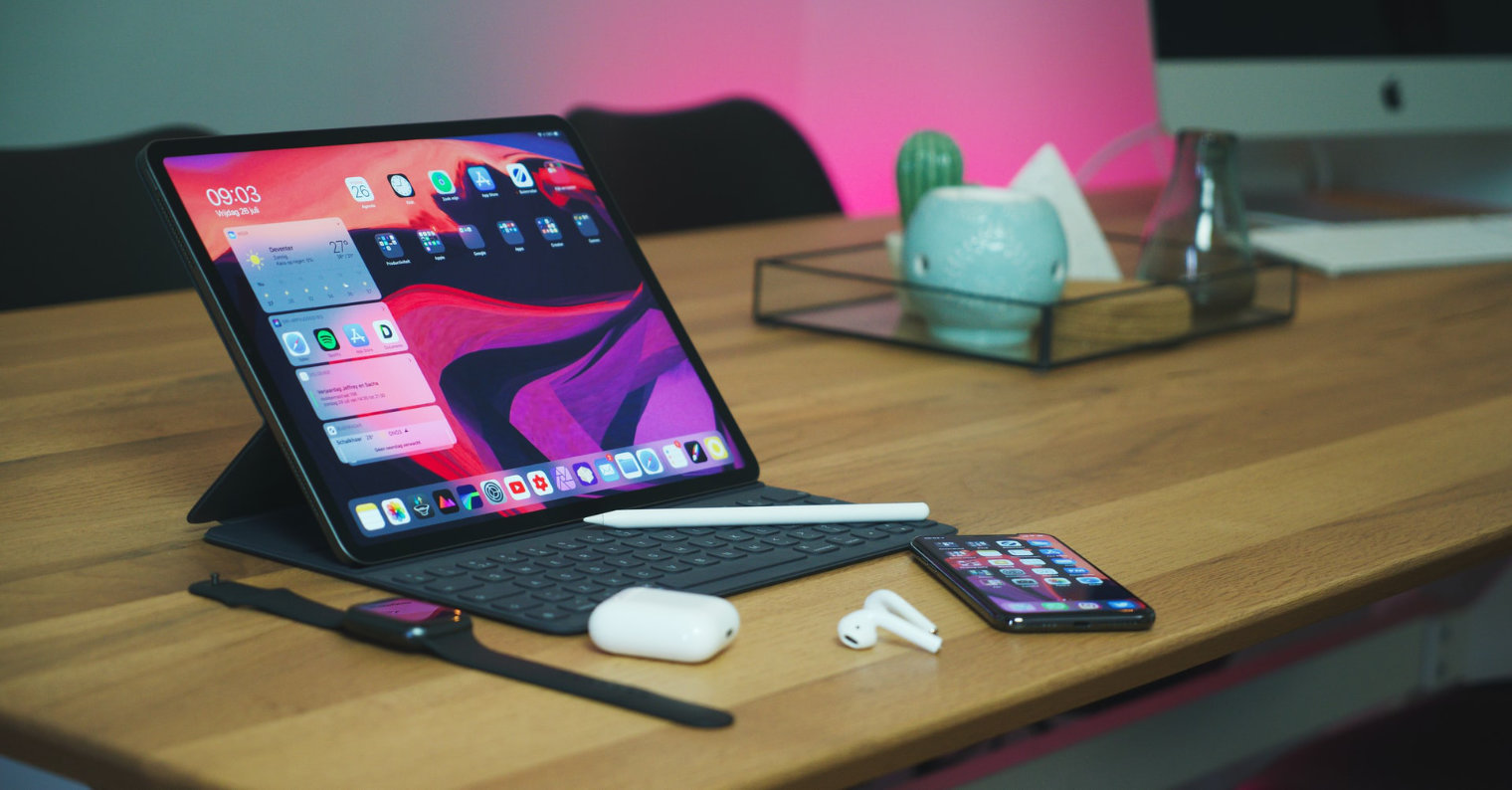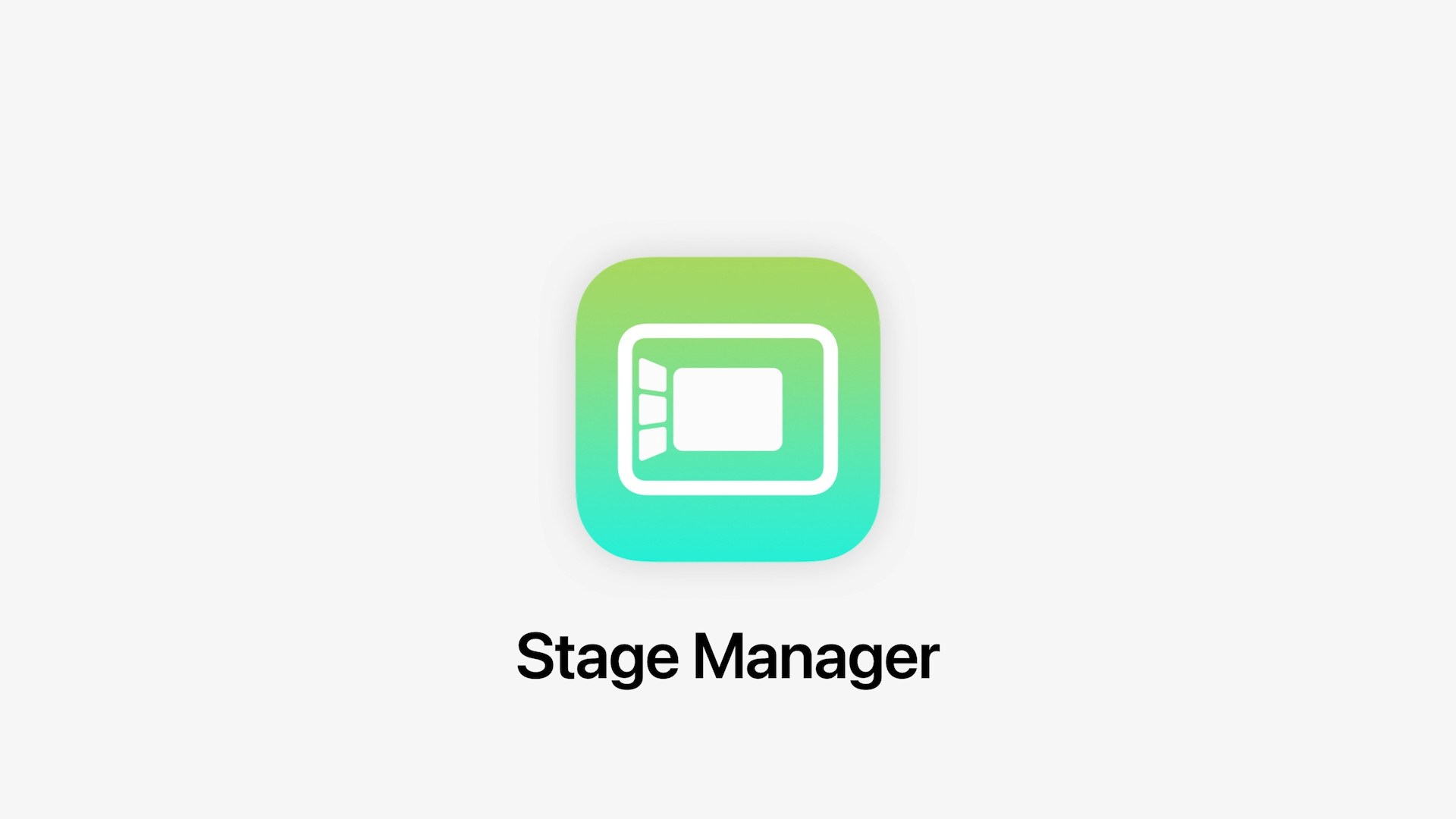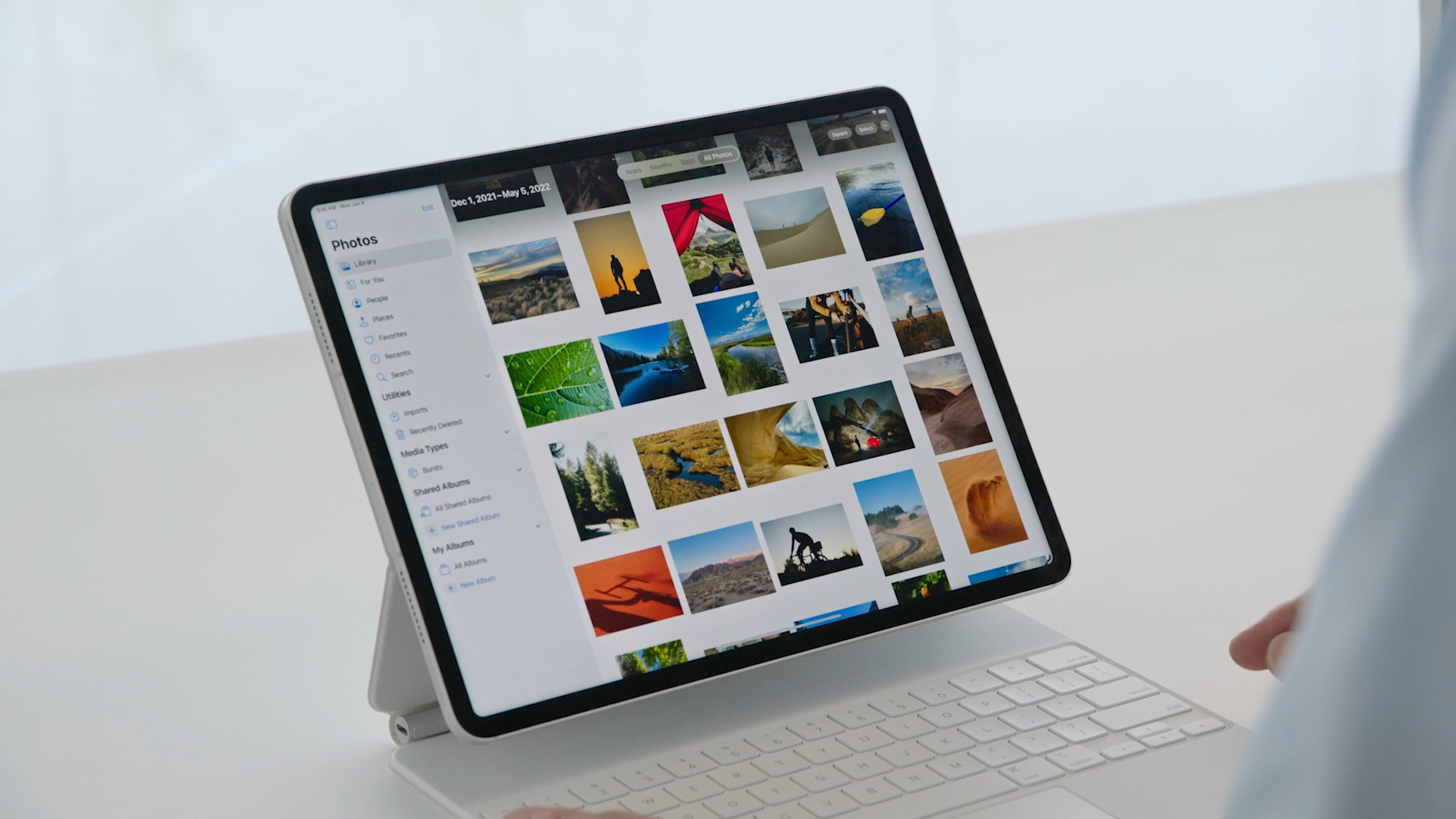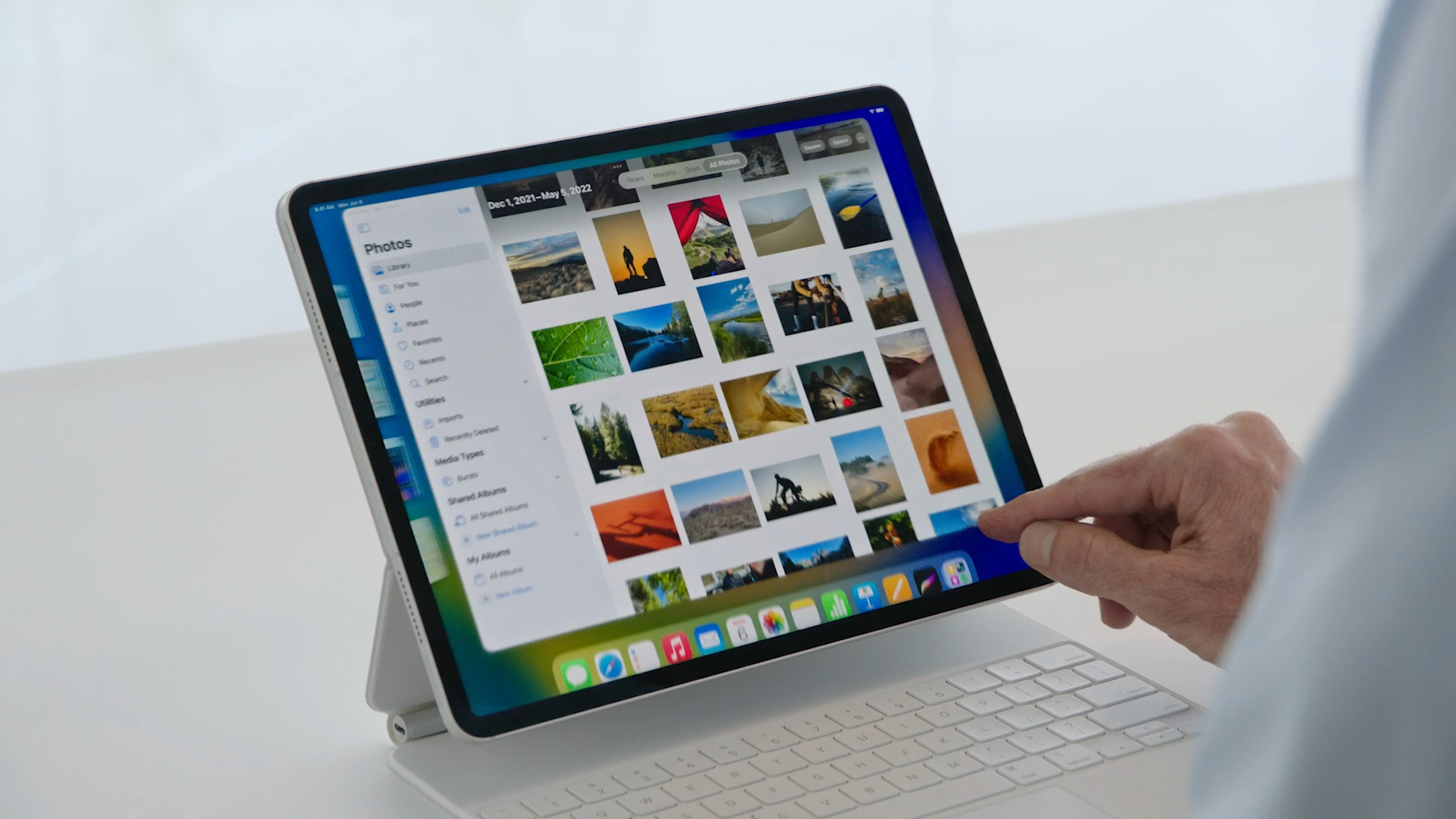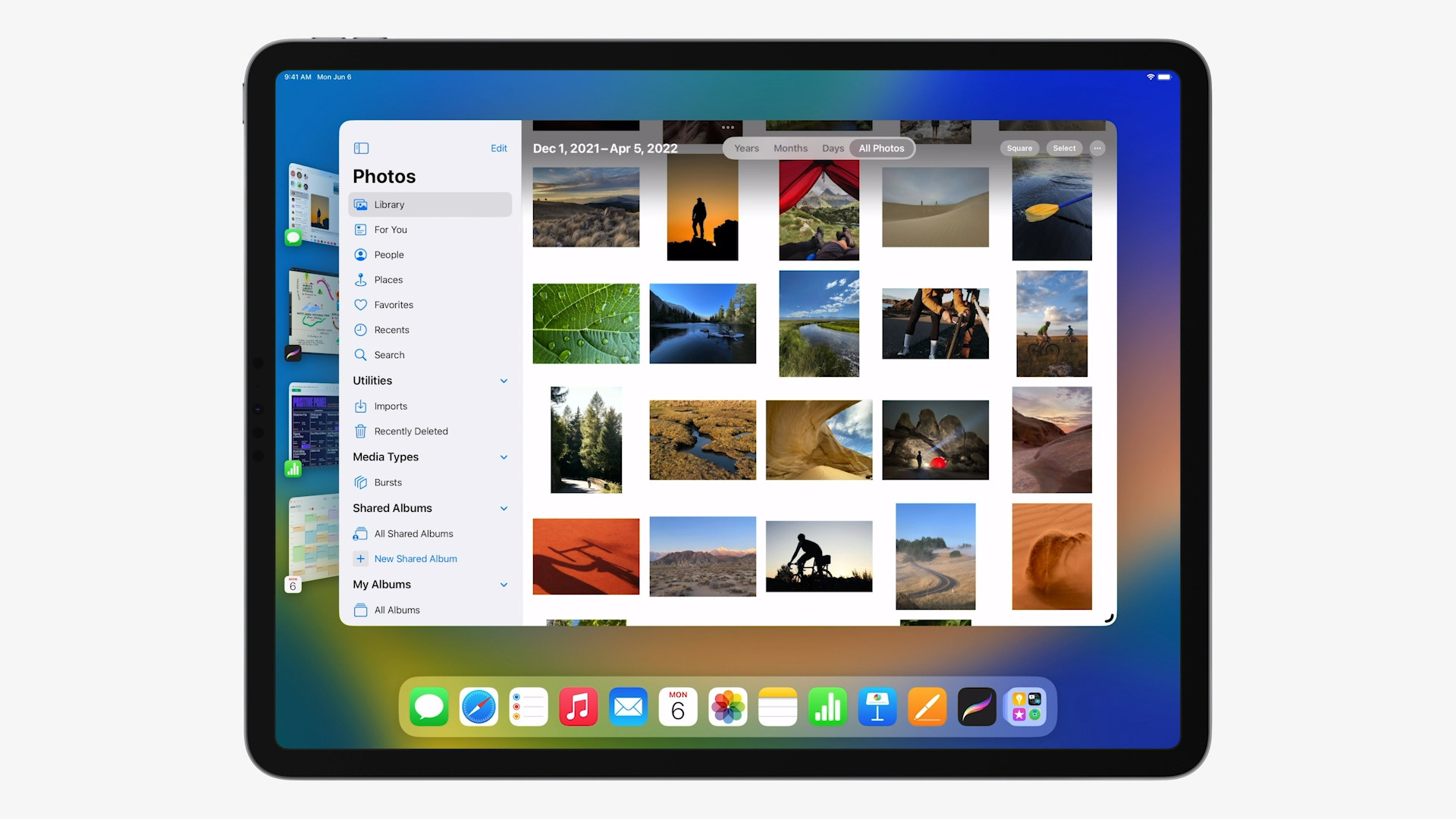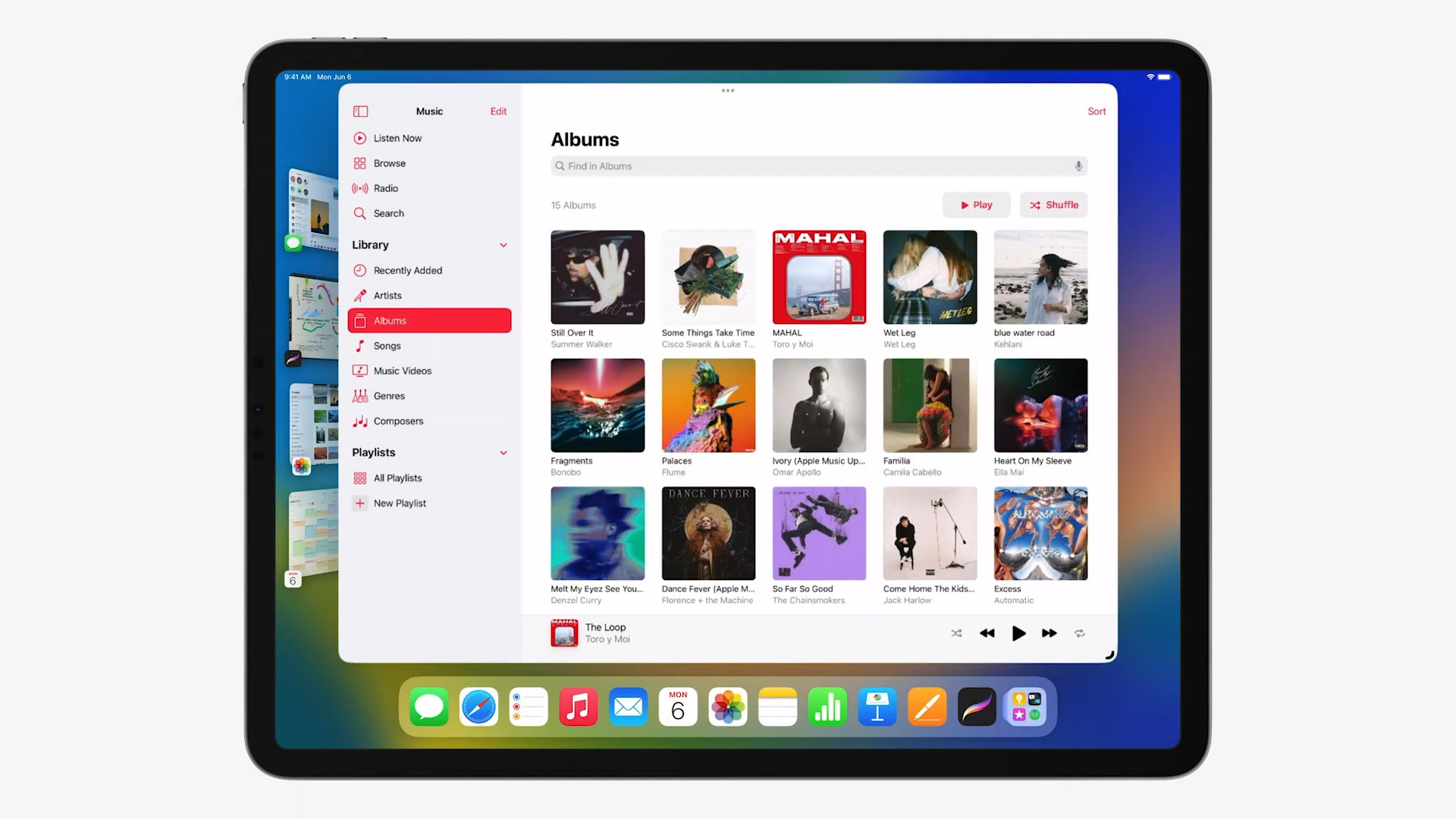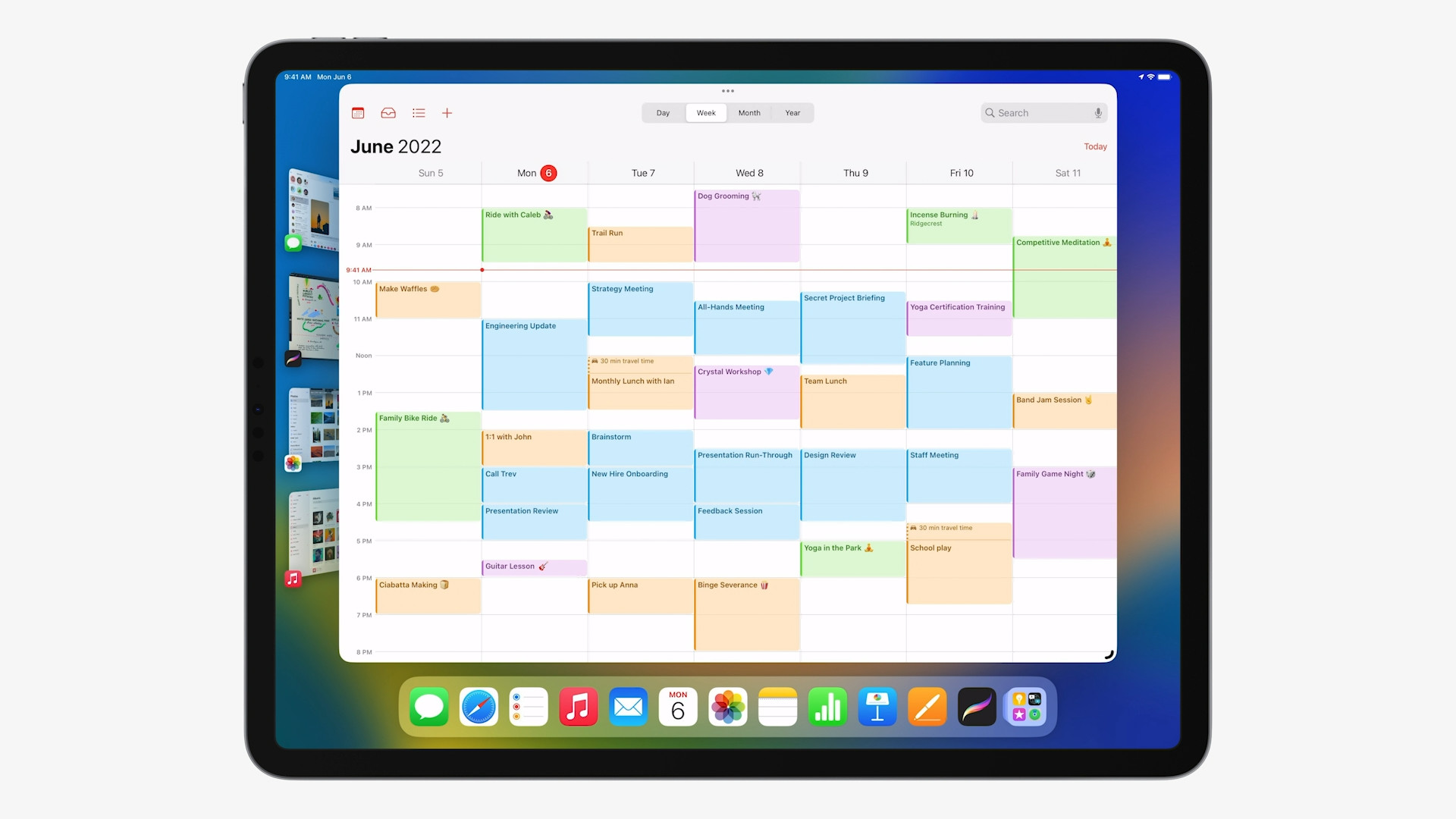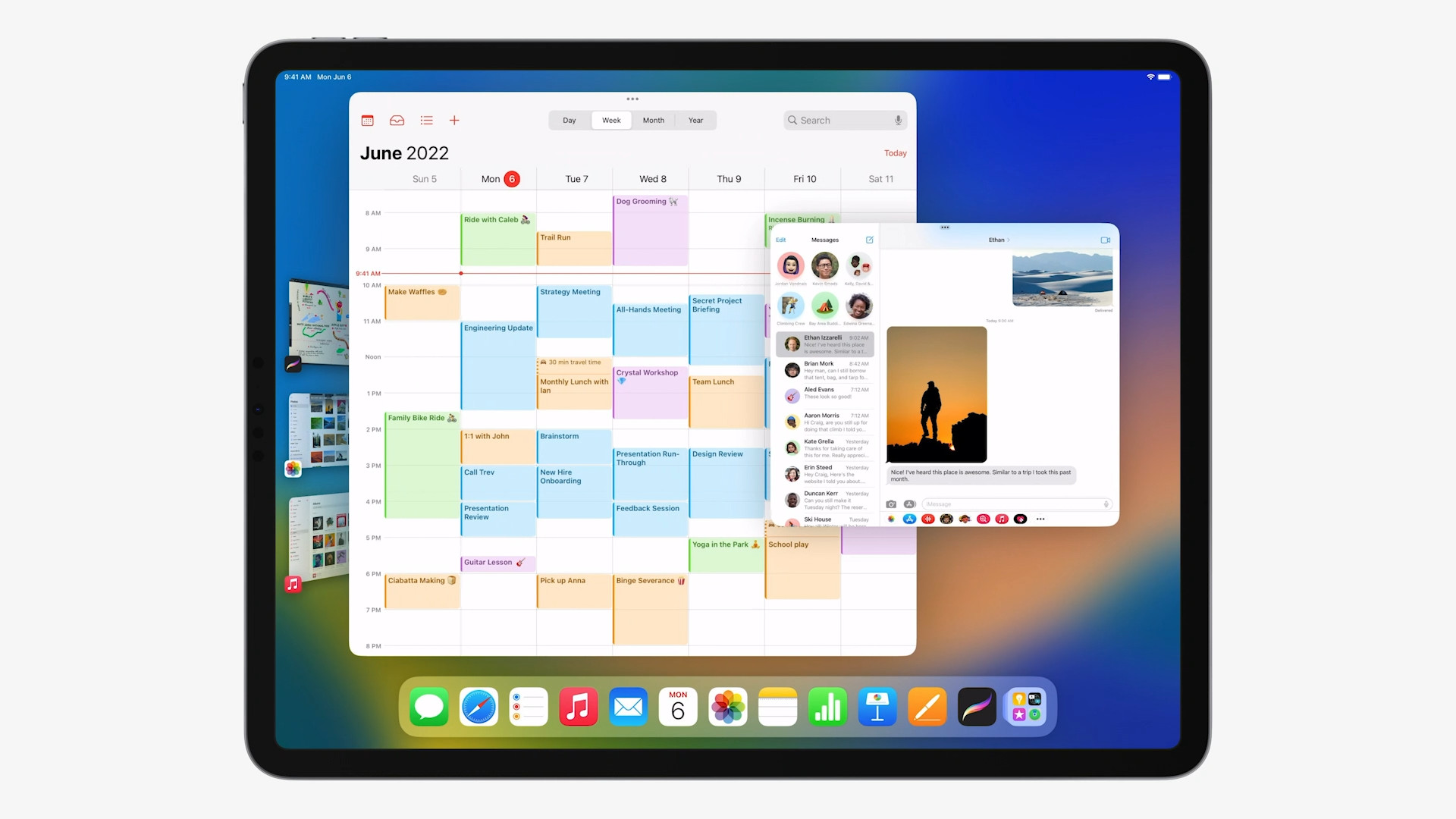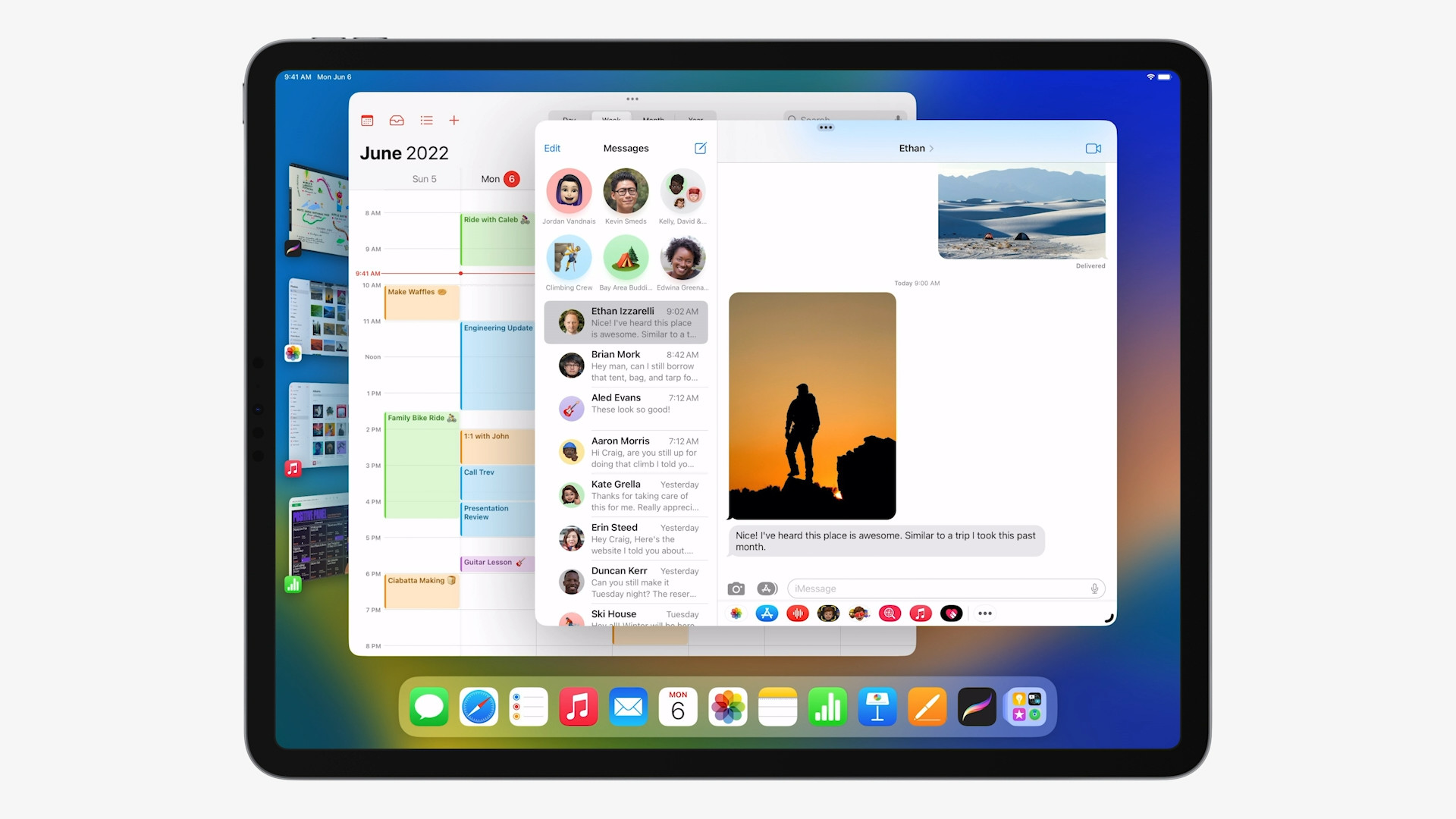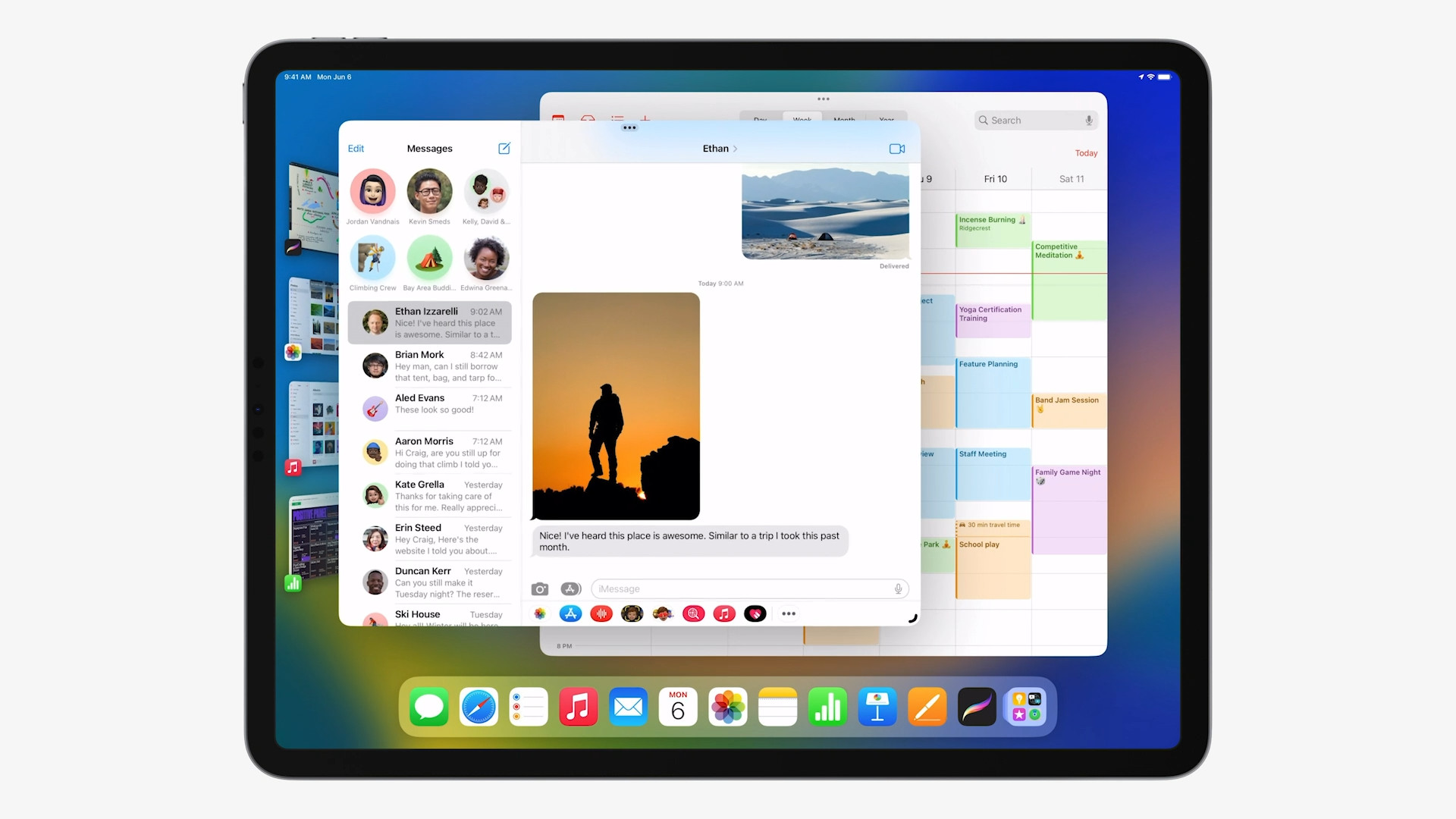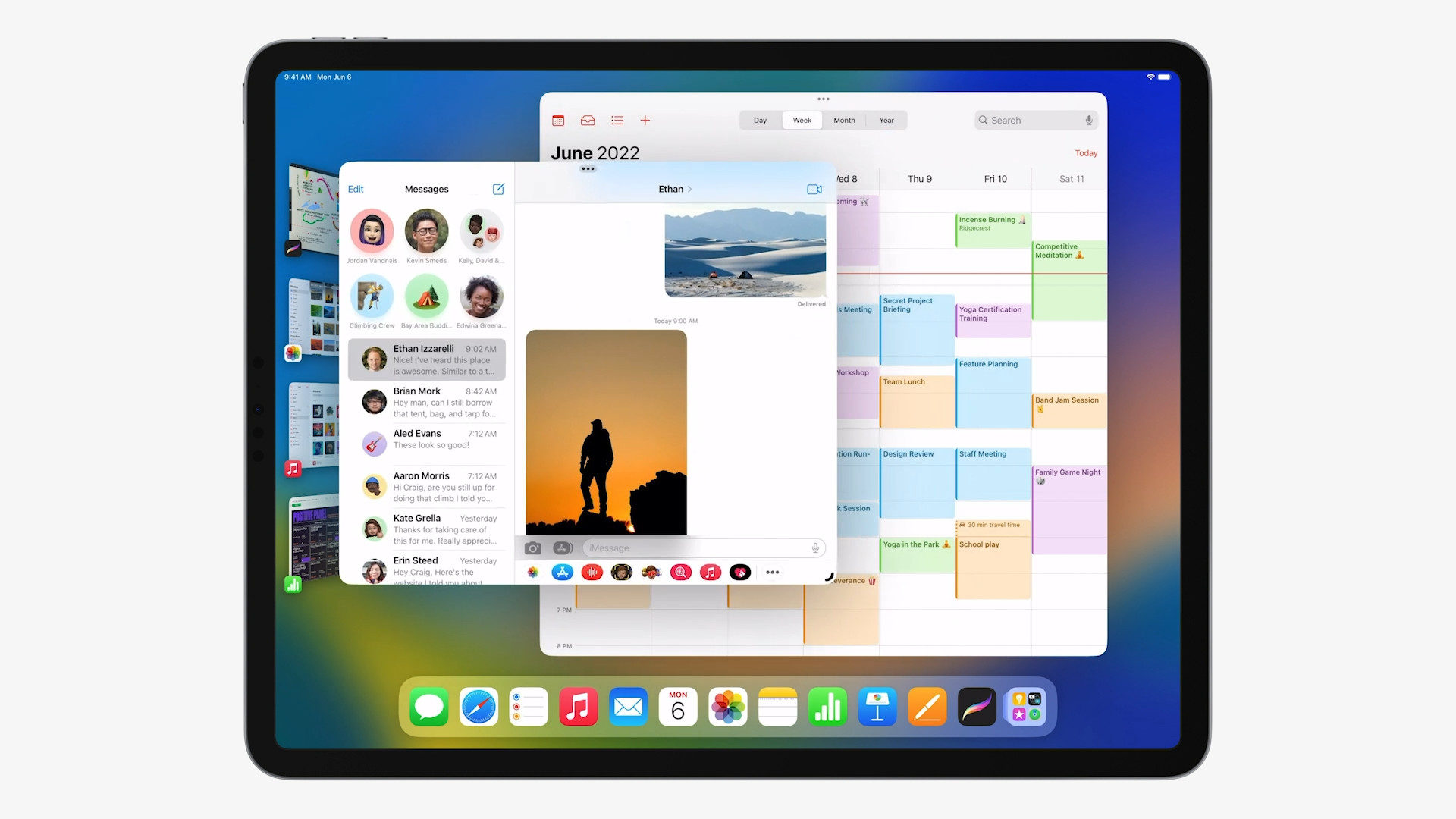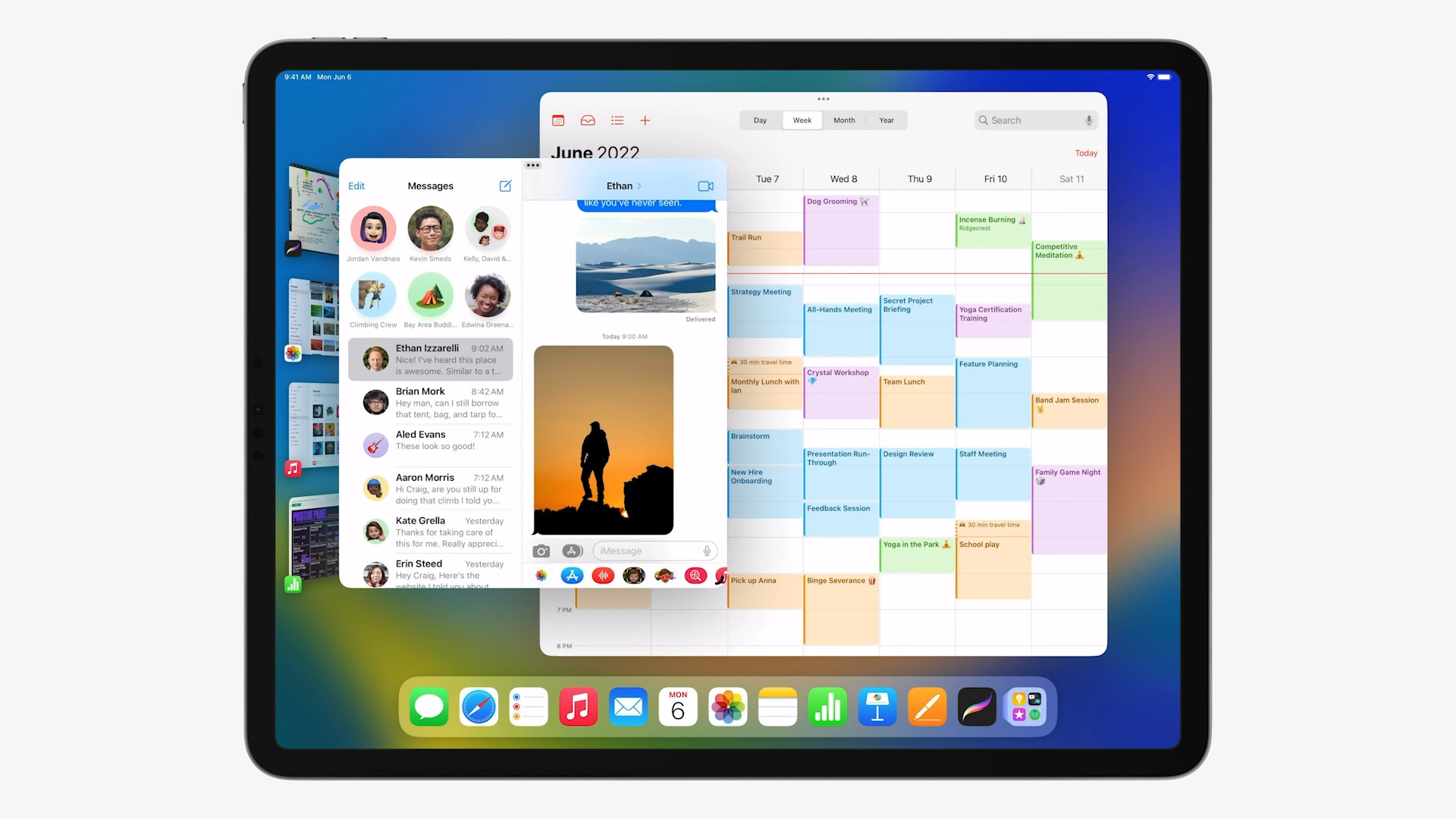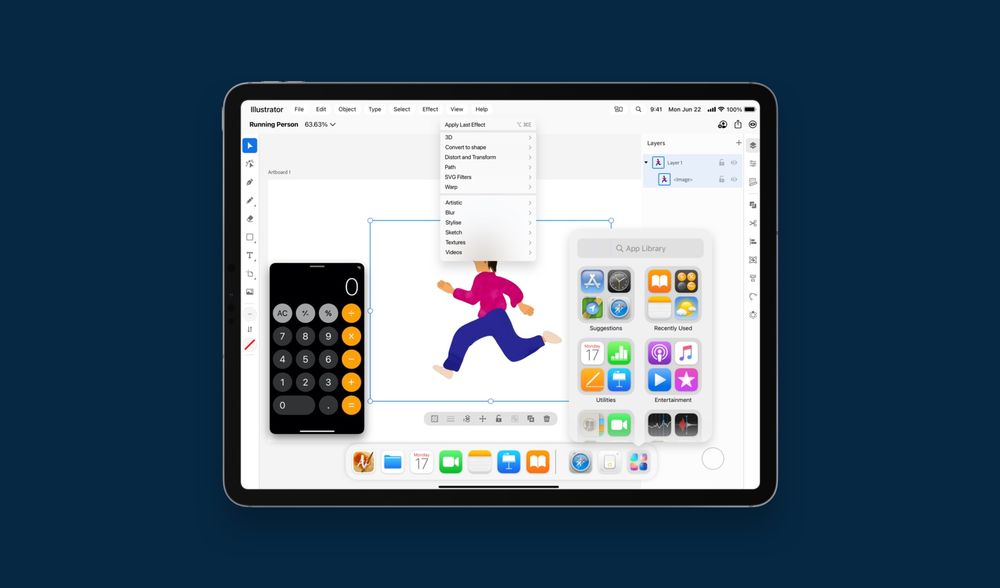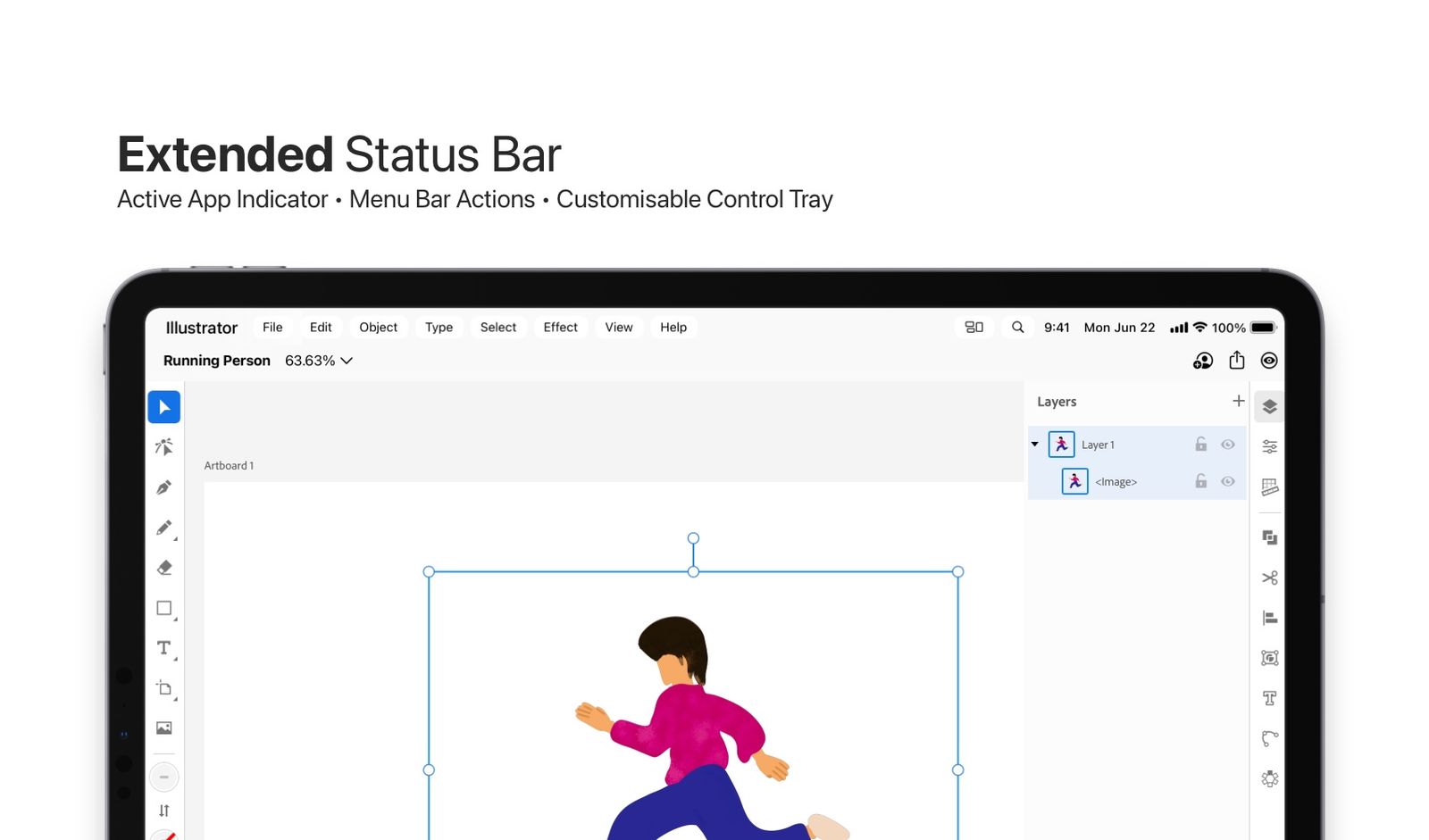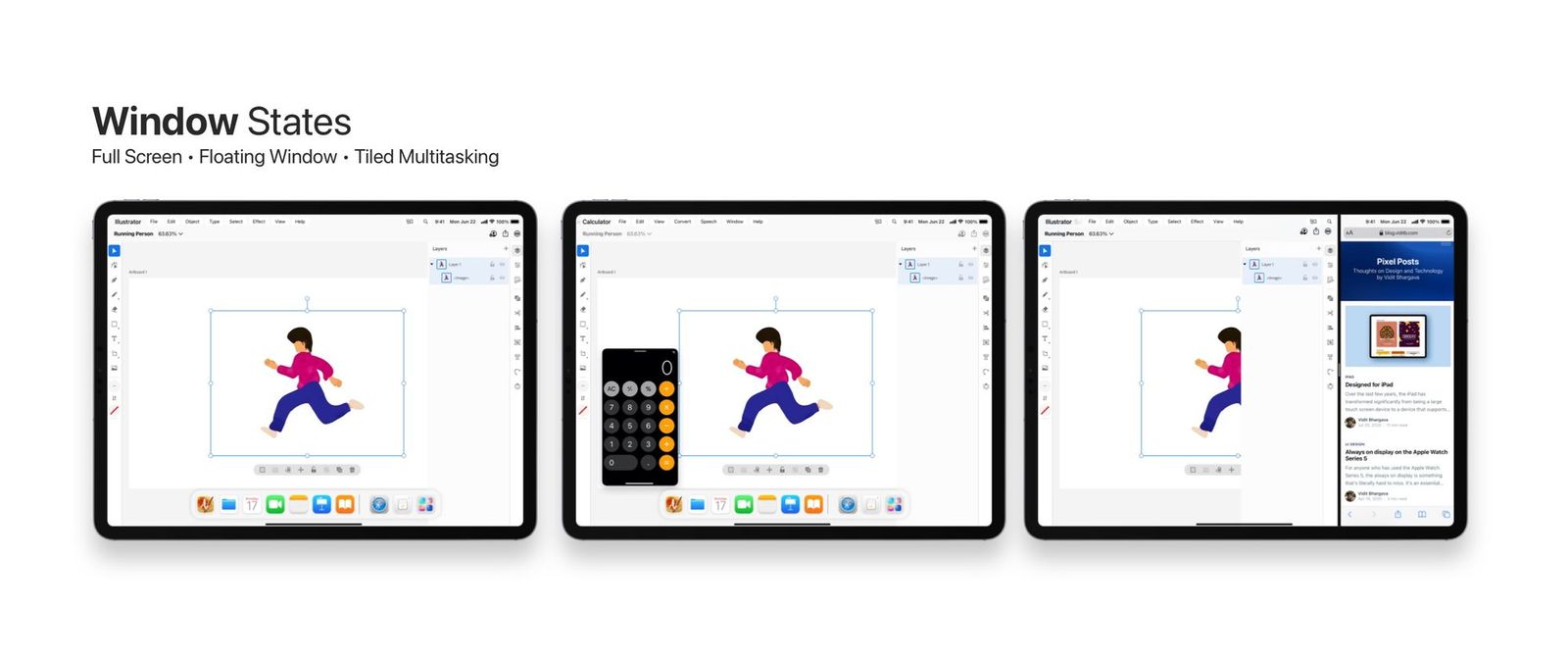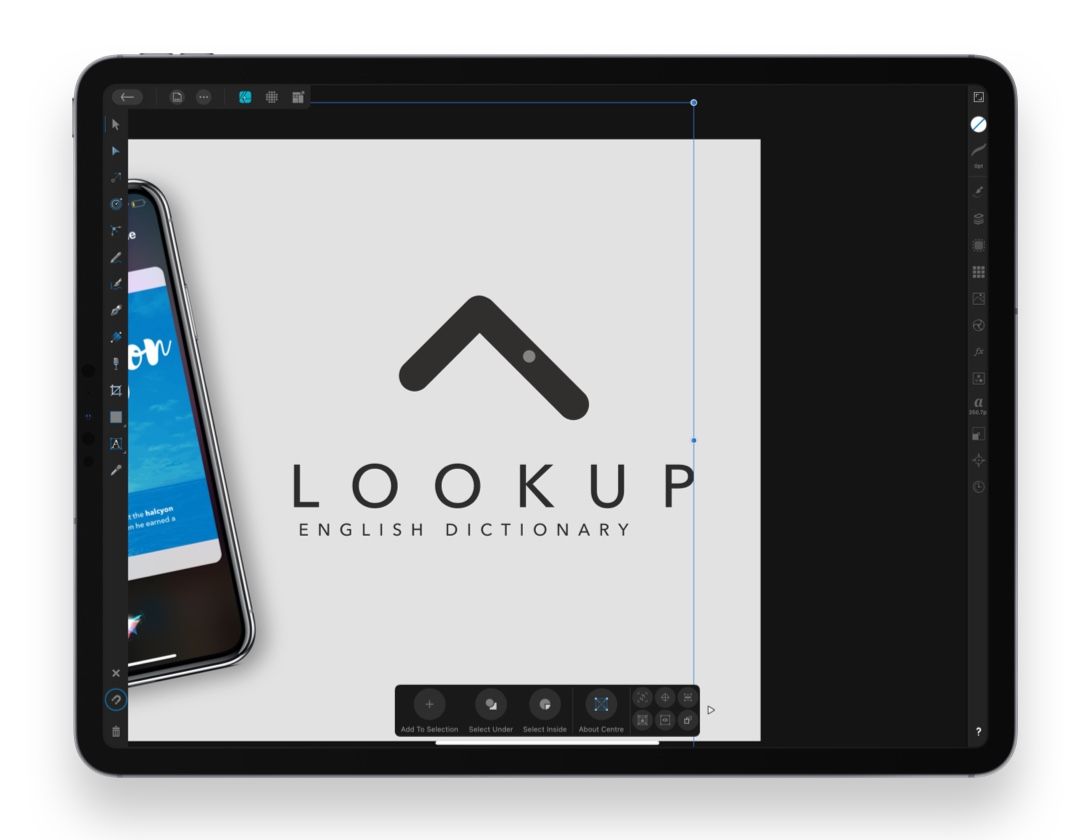At the end of 2020, Apple managed to surprise the vast majority of Apple computer fans, specifically by introducing the first chipset from the Apple Silicon family. This piece, labeled M1, first arrived in the 13″ MacBook Pro, MacBook Air and Mac mini, where it provided a fundamental increase in performance and better efficiency. The Cupertino giant has clearly shown what it is actually capable of and what it sees as the future. The bigger surprise came a few months later, namely in April 2021. It was at this moment that the new generation of iPad Pro was unveiled, with the same M1 chipset. It was with this that Apple started a new era of apple tablets. Well, at least on paper.
It could be interest you
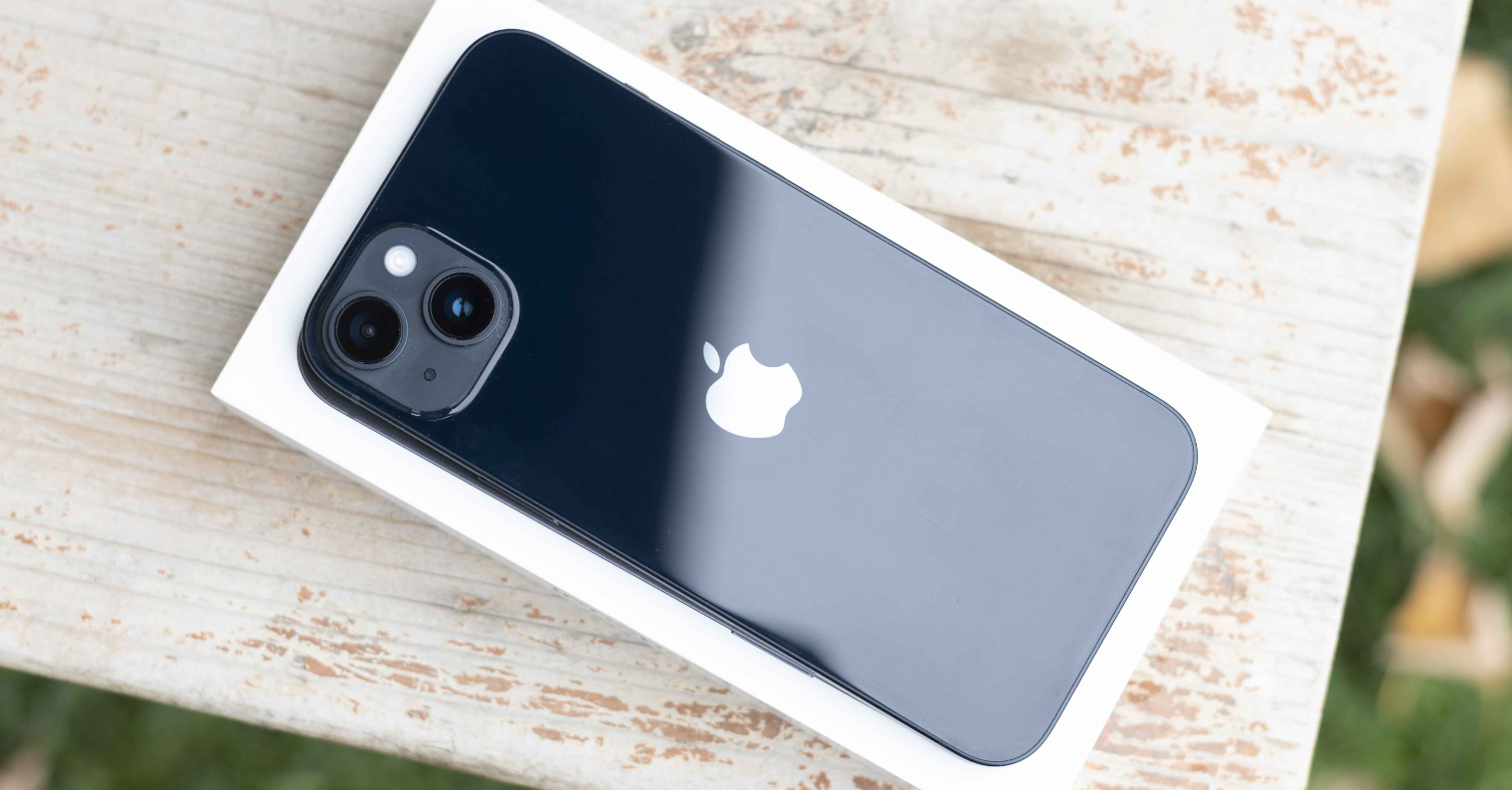
The deployment of Apple Silicon was subsequently followed by the iPad Air, specifically in March 2022. As we mentioned above, Apple has set a fairly clear trend with this - even Apple tablets deserve top performance. However, this paradoxically created a very fundamental problem. The iPadOS operating system is currently the biggest limitation of iPads.
Apple needs to improve iPadOS
For a long time, problems related to the iPadOS operating system have been solved, which, as we mentioned above, is one of the biggest limitations of Apple tablets. Although in terms of hardware, these are literally first-class devices, they cannot use their performance to the full, as the system directly limits them. In addition, the practically non-existent multitasking is a huge problem. Although iPadOS is based on mobile iOS, the truth is that it is not fundamentally different from it. It's practically a mobile system on a bigger screen. Apple at least tried to take a small step forward in this direction by introducing a new feature called Stage Manager, which is supposed to finally solve problems with multitasking. But the truth is that this is not an ideal solution. That is why, after all, there are constant discussions about bringing the giant iPadOS a little closer to the desktop macOS, only with optimization for touch screens.
It is precisely from this that the only thing clearly emerges. Due to the current development and the process of deploying Apple Silicon chipsets in apple tablets, a fundamental iPadOS revolution is literally inevitable. In its current form, the whole situation is more or less unsustainable. Already, the hardware fundamentally exceeds the possibilities that the software is even able to offer. On the contrary, if Apple does not embark on these long-needed changes, then the use of computer chipsets is literally useless. In the current trend, their unusability will continue to increase.
What a redesigned iPadOS system could look like (See Bhargava):
It is therefore a fundamental question when we will see such changes, or if at all. As we mentioned above, Apple users have been calling for these improvements and generally for bringing iPadOS closer to macOS for several years, while Apple completely ignores their requests. Do you think it's time for the giant to act, or are you comfortable with the current form of Apple's tablet system?
It could be interest you
